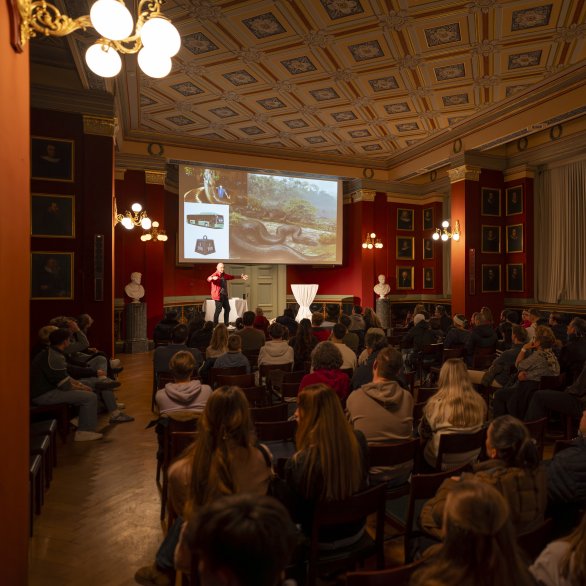Since the year 2000, malaria control has developed impressively and very positively. New prevention methods and modern medicines have greatly reduced the transmission of the disease in most affected regions of the world over the last 25 years. In this time, 12 million deaths and around 2 billion cases of illness have been prevented. Malaria control is therefore a real success story of modern public health.
Unfortunately, this positive trend has weakened since the beginning of 2025. This has tangible political, scientific and strategic consequences. The initial euphoria has thus given way to a certain disillusionment. Nevertheless, there is reason for hope: with new measures, better scientific methods and a more efficient use of resources, a promising way forward is once again emerging.
The lecture program of the Naturforschende Gesellschaft in Basel (NGiB) conveys scientific research in all its disciplines. Find out more about the passions of natural science amateurs and well-known figures.
The lecture series takes place once a month during the university semester.
Unfortunately, this positive trend has weakened since the beginning of 2025. This has tangible political, scientific and strategic consequences. The initial euphoria has thus given way to a certain disillusionment. Nevertheless, there is reason for hope: with new measures, better scientific methods and a more efficient use of resources, a promising way forward is once again emerging.
The lecture program of the Naturforschende Gesellschaft in Basel (NGiB) conveys scientific research in all its disciplines. Find out more about the passions of natural science amateurs and well-known figures.
The lecture series takes place once a month during the university semester.
This text was translated by an AI.



